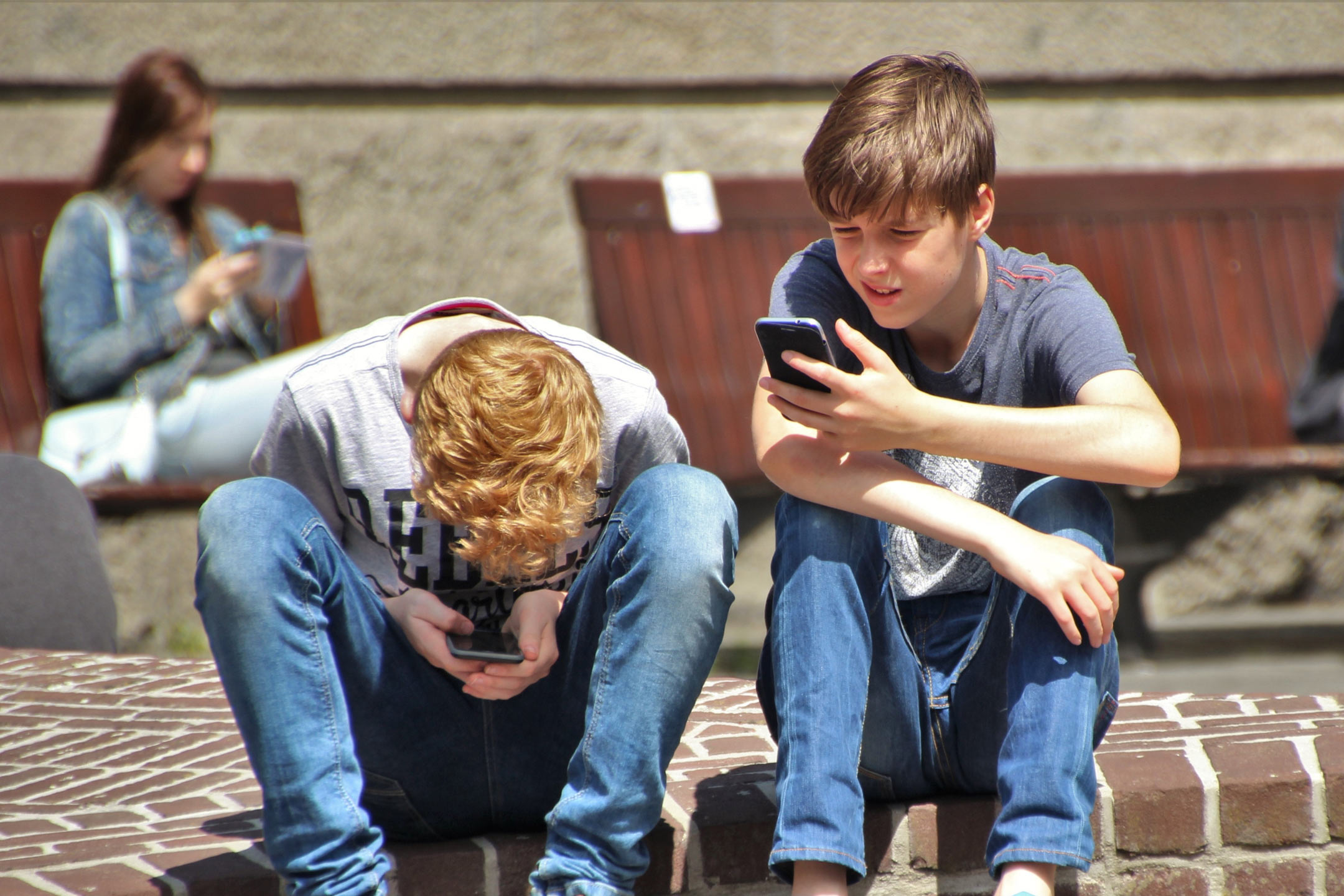
29 Jun Young people want to disconnect from social media – but FOMO won’t let them
The headspace National Youth Mental Health Foundation conducted a survey of 3,107 young people, which revealed the following:
- Desire to Disconnect: Approximately 51% of the young people surveyed expressed a desire to disconnect from social media platforms.
- Fear of Missing Out (FOMO): Despite wanting to disconnect, many young people feel a fear of missing out (FOMO), which prevents them from logging off. Nearly one-third of the respondents (around 32%) reported feeling pressured to keep up with various aspects of social media, including politics and gossip.
- Negative Content Perception: Almost half of the respondents (44%) agreed that the content they encounter on social media platforms is more negative than positive.
- Urge to Use Social Media: Despite being aware of the negative impacts, approximately 35% of young people felt an increasing urge to use social media.
- Pressure to Stay Updated: Around 32% of the participants felt pressure to use social media as a means to stay informed about news and current events.
- Problematic Social Media Use: One-third of the young people surveyed (33%) were found to experience problematic social media use.
The CEO of headspace, Jason Trethowan, acknowledged the positive aspects of social media but also highlighted the potential adverse effects. He mentioned that while social media can facilitate connections, creativity, learning, and meeting new friends, the overwhelming amount and nature of content can be detrimental.
Furthermore, the report indicated that social media can lead to unhelpful comparisons with others, impacting mental health. A significant portion of the respondents (44%) agreed that expressing opinions online is easier than in person.
The survey also revealed that young people are aware of the long-term impact of their social media content, with 55% believing that what they post today will affect their job prospects and relationships in the future.
The responsibility for fostering healthy social media habits was identified as a shared effort between young people, families, social media companies, and governments. The report highlighted the need for mechanisms to ensure users have a safe and healthy experience. Additionally, the majority of surveyed young people (55%) believed that not enough is being done in terms of regulation and laws surrounding social media.
This Survey reveals that while many young people express a desire to disconnect from social media, the fear of missing out (FOMO) prevents them from doing so. The survey highlights the need for shared responsibility among young people, families, social media companies, and governments to address the negative impacts of social media and promote healthy usage habits.
Tips for a healthier relationship with social media
- Get social media savvy – remember most of what you see isn’t real, see yourself as a whole person, be mindful of your thoughts and be kind to yourself.
- Clean your feed – unfollow/mute accounts that don’t make you feel good about yourself, find online communities that make you feel good, follow accounts that inspire you (in non-appearance-based ways) and follow accounts that help you explore your interests/passions.
- Don’t respond to cyberbullying – responding can make things worse; screenshot the evidence in case you want to report it to eSafety/have a record for later, report and block to the site it’s happening on and consider changing your privacy settings.
- Set boundaries and find balance – notice and track how much time you’re spending on social media, limit screens in bedrooms and turn them off for at least one hour before bedtime, get up and move regularly, think about your setup, limit screens at mealtimes and when eating, don’t let screen time prevent you from participating in activities you need and want to do and tell your family and friends you’re slowing down/taking a break.
Young people aged 12 to 25, as well as their family and friends, can visit headspace for support. Help is also available via phone and online counselling service, eheadspace, seven days a week between 9 am–1 am (AEST). The number is 1800 650 890.
If you’re looking for someone to talk to immediately, Lifeline (13 11 14) and Kids Helpline (1800 55 1800) are available to talk 24/7.

